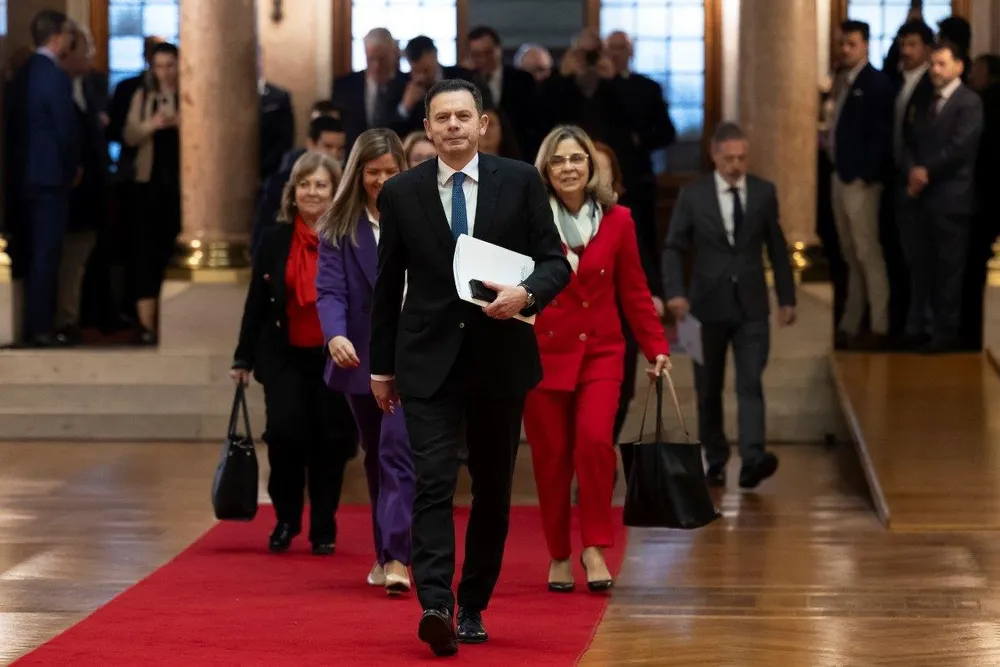Portugal's plan for maiden offshore wind tender totters in face of snap election
Fishing associations were unhappy with maritime zoning for offshore wind and are demanding new consultations with next government

The collapse of Portugal's centre-right government after less than 12 months in office and the calling of a third snap election in as many years is creating additional uncertainty about the timing of a promised offshore wind licensing round, especially after fishing industry representatives made it clear that they will demand a new consultation process.
Elections were called for 18 May after the Social Democrat-led coalition government lost a confidence vote in parliament, following revelations about potential conflicts of interest in the business dealings of Prime Minister Luís Montenegro's family law firm.
For the offshore wind sector, hopes Portugal might stage this year its first competitive tender this year are now fading.
The outcome was an overall reduction of about 15% in the total area on offer, compared with the previous plan.
One of the significant reductions introduced by the Directorate for Natural Resources, Security and Maritime Services (DGRM) was off the coast of Viana do Castelo, northern Portugal, which is considered the country's best area for offshore wind, but is also coveted by the fishing sector.
The removal of a southern subsection of the Viana do Castelo zone from the proposed wind tender, along with some midwater areas, left 229 square kilometres available, reducing the estimated capacity of Viana do Castelo to 800MW.
The Portuguese government reduced the total area on offer in the proposed wind round by 470 square kilometres and set a target of 9.4GW for 2030, which was 600MW lower than previously.
This apparent agreement over the PAER was soon met by fresh demands from fishing industry representatives, however, amid complaints that offshore wind would be allowed to occupy what was described as the most significant fishing areas off the coast of north-western Portugal.
Portela Rosa, one of the coordinators of the 450-member Vianapesca fishing cooperative, warned then that his fishing association, and others across the region, were ready to resist what he described as “treachery".
Now, with new elections called, and both traditional parties struggling to retain support, the same fishing cooperative has made it clear that it expects a full renegotiation over maritime spatial rights.
In a communication, Vianapesca called for "correction" of the decree that defined areas to be impacted by offshore renewables. It opposed the inclusion of an offshore area between Viana do Castelo and Caminha in the proposed round.
The organisation claimed that the consultation process did not meet European Union requirements that offshore energy should be deployed “in agreement” with the fishing sector.
The organisation warned that failure to concede to this demand would result in "public acts and confrontation" and, as a matter of last resort, legal claims before the European Court of Justice.
Growing scepticism
Among developers, there was already growing scepticism about Portugal’s readiness to stage an inaugural offshore wind tender which will need to lean on floating technologies due to the deep waters off its coasts.
Big gaps in the process included any proposed dates and definitions about whether the model will start with an auction for the seabed lease or if it will also include some sort of pricing mechanism.
A lack of clarity on the extent to which state authorities will take responsibility for maritime surveys, and a lack of pre-auction studies and assessments were also highlighted.
(Copyright)